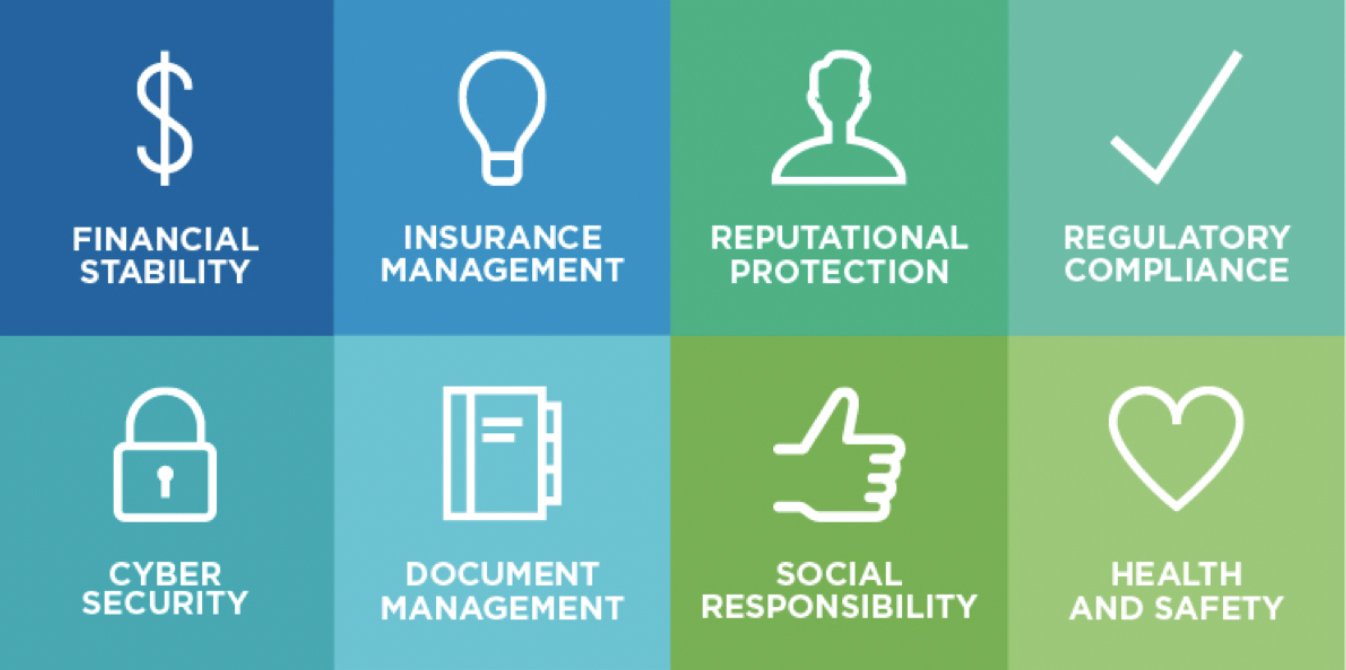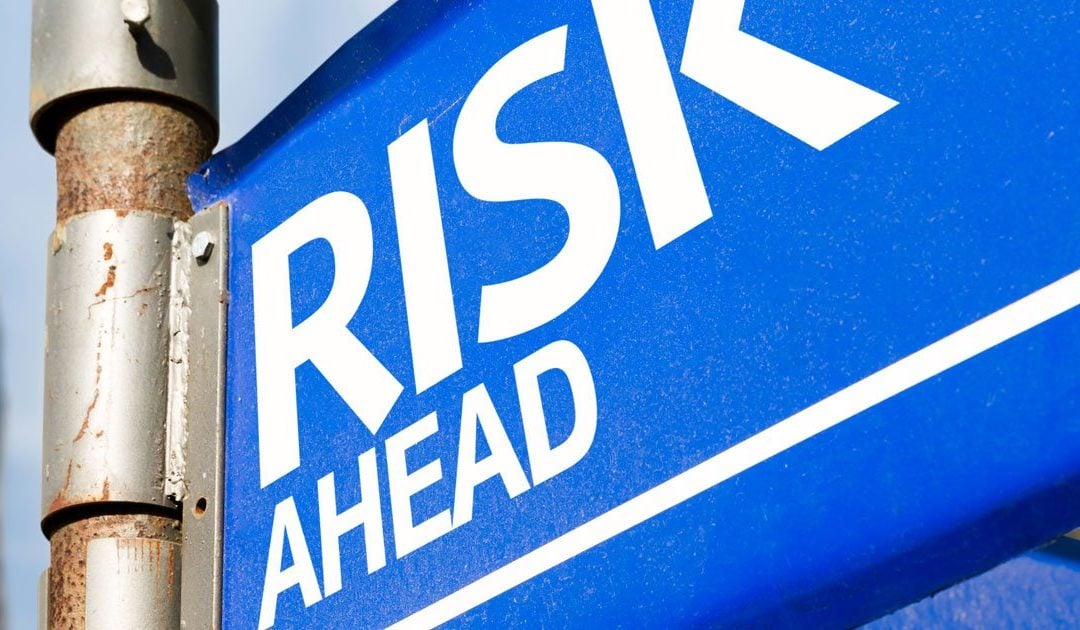The Path to a Healthy Supply Chain: How Best in Class Companies Mitigate Supplier Risk
Today, with companies going digital exponentially, so grow the risks. Unforeseen challenges emerge out of the blue. The moment everything goes awry is when you realize how vital Supplier Risk Management is to your organization’s health. Because in the real world, stuff happens.
In one instance, a relationship with a supplier may seem to be running smoothly one week only to fall apart the next — after they quietly complete their impending bankruptcy. In another case, an individual on your property is injured as a result of your contractor’s hazardous activities. What kind of liability falls on you after you discover the contractor is not adequately covered by the proper insurance?
To manage such unforeseen situations, companies typically develop in-house risk-management processes. Additionally, they might enlist the services of third-party data clearinghouses, compiling reports from firms like Dun & Bradstreet or Thomson Reuters. Still, it’s an immense amount of data – often too much to keep consistently accurate and up-to-date. Though helpful, ultimately these data warehouses do not verify and rarely vet the information they collect on a frequent and timely basis.
True, these services may aggregate information and license it. But simply acquiring it may not necessarily be enough to solve the problem. Without realizing it, a company may be vetting the reputation and risk of particular suppliers whose status may have changed drastically since the last report.
When making critical decisions, it’s crucial there be accurate, continuous monitoring regarding the health and status of their suppliers. If not, the organization is exposed to liabilities ranging from lawsuits to hefty government fines. More than ever, global organizations have begun recognizing the need to track the reputation of whom they are doing business with to protect their bottom line.
“Over 90% of certificates of insurance are not in compliance with what the supplier is supposed to have contractually.”
Gerard Smith, President
Global Risk Management Solutions
The Supplier Risk Problem
- Difficult to monitor 100% of suppliers
- Internal resources lack capacity to consistently update supplier status
- Regulations are increasingly implemented and are more becoming more complex
- Typically 90% of COI’s do not meet your requirements
- Penalties for noncompliance can be very large and punitive
For example, according to the Patriot Act, before any transactions occur, businesses must verify whether a company they plan to do business with has not been flagged on the OFAC list, an official government list indicating people, organizations, and companies that the US has deemed problematic.
Unfortunately, some international companies are not entirely transparent with their clients, which may result in a business unknowingly developing a relationship with an entity that is on a government watch list. If caught, the blow to the business could be terminal, not only finding themselves being slapped with fat government penalty, but also ending up the subject of scathing stories in the business news press, causing irreparable reputational and financial damage.
Of course, monitoring risk is not limited to the Patriot Act or other similar government watchlists. There is a plethora of risk inherent in regulations for all sorts of businesses. Whether it’s the California Transparency in Supply Chains Act, validating current W9’s, Certificates of Insurance, even Conflict Minerals Declarations, a company technically needs to collect and monitor all of these documents continuously themselves to be proactive about risk avoidance.
Supplier Risk Management solutions provide the tools to automate these vetting processes, providing risk and performance reporting and enabling better risk-based decision making over the lifecycle of a vendor relationship
From Reactive to Proactive
In today’s business environment, supplier risk management has gained widespread adoption as a critical component in business practices.
According to Gartner, “Vendor risk management continues to increase in importance and relevance, as VRM leaders look for ways to improve their programs’ ability to respond to regulations and reduce residual vendor risks.”
That’s why sourcing, procurement, and vendor management leaders are abandoning traditional data source subscriptions. The days of keeping static hard copy reports in metal file cabinets have passed. In today’s global economy, a growing array of businesses are realizing the importance of supplier risk management services.
Global Risk Management Solutions (GRMS), is a recognized leader in the field, providing innovative supplier risk assessment programs that reduce exposure to global business risk and liability in over 120 countries.
To do this, GRMS leverages the power of Celigo’s integrator.io iPaaS platform, automating vendor risk assessments between GRMS and NetSuite. As a Risk Management Solution, GRMS provides clients with access to the most current vendor assessment criteria available, allowing businesses to confidently evaluate the worldwide vendors that suit their needs. Having integrated NetSuite with the GRMS platform along with additional business applications, GRMS clients now have the power to manage their supplier risk more accurately and effectively.
The effect of this NetSuite-GRMS integration is that GRMS has become an important tool in helping customers develop best practices as they consider the optimal approach to managing risk assessment. Where midsize companies in the past may not have had the manpower or resources to establish a truly best-in-class risk assessment approach, GRMS now helps provide them the authoritative info they need quickly and correctly. No two companies have the exact same program or requirements.
With a Celigo-powered integration, GRMS now has the ability to ensure that any business gets the info they need to develop the risk assessment analysis and strategy that works best for them. With the ability to cover such a wide spectrum of risk components, GRMS has fostered a reputation as the most robust risk assessment company in an industry where similar companies only provide a fraction of the value and services.

Positive Outcomes of Risk Assessment
With the goal being to mitigate risk, a wide range of companies are now able to finally see in real-time the legal and financial health of their worldwide suppliers, assessing where future problems may lay and avoiding costly pitfalls. Thanks to Celigo’s GRMS integration, sourcing, procurement, and vendor management, leaders now have a wealth of relevant information at their fingertips to inform their purchasing decisions.
- Reduce corporate exposure across key risk areas
- Assist in supplier rationalization and decision
- Measurable administrative cost savings
- Consistently check and monitor all suppliers globally
- Gain world class expertise without growing your team
- Potentially reduce your insurance premiums
- Protect your global brand reputation
Learn how you can leverage the experts at GRMS.
In addition to the GRMS-NetSuite template, Celigo is continuously adding integration templates for other applications. Bookmark and follow the Integration Marketplace for updates. You can freely download any templates and change them as needed.
Your Monthly Competitive Advantage
Access integration-driven automation tips and resources in the Celigo Automator newsletter.

